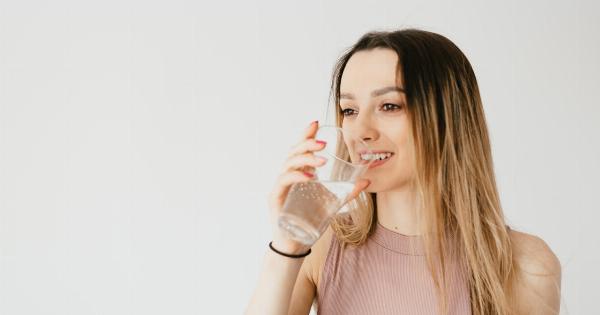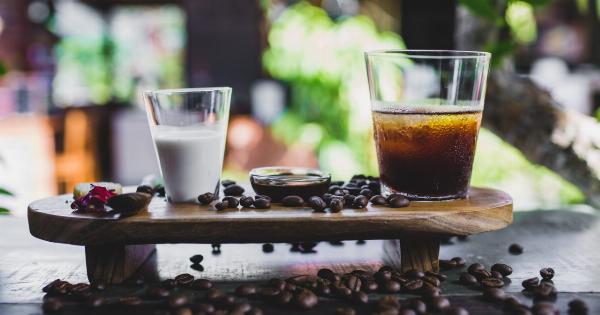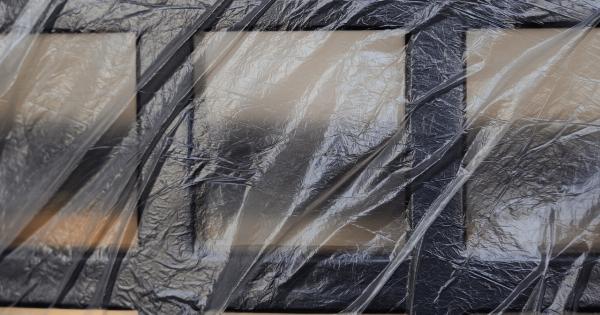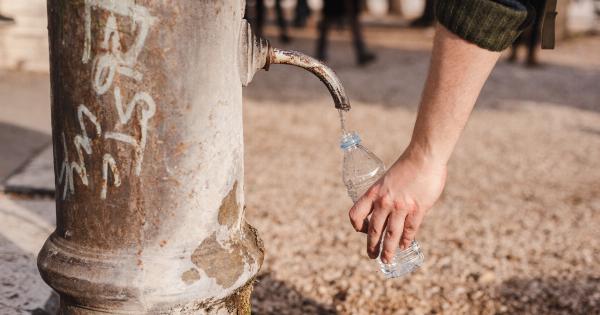Staying hydrated is essential for good health. However, there are many myths and misconceptions surrounding hydration. In this article, we will separate fact from fiction and give you the truth about hydration.
Myth: You Only Need to Drink Water When You Are Thirsty
Many people believe that they only need to drink water when they are thirsty. However, this is not true. Thirst is not always a reliable indicator of when your body needs water. In fact, by the time you feel thirsty, you may already be dehydrated.
It is recommended that you drink at least eight glasses of water a day, even if you do not feel thirsty.
Fact: Water is the Best Source of Hydration
While there are many beverages that can help you stay hydrated, water is the best source of hydration. It is calorie-free and free from other additives that can be found in sports drinks, juices, and sodas.
In addition, water helps to flush toxins out of your body and keep your skin looking healthy.
Myth: You Should Drink Sports Drinks During Exercise
Many people believe that they should drink sports drinks, such as Gatorade, during exercise to stay hydrated. However, unless you are engaged in intense physical activity for more than an hour, water is sufficient for hydration.
Sports drinks are designed for athletes who need to replenish electrolytes lost during prolonged exercise.
Fact: Your Body Needs Electrolytes to Stay Hydrated
Electrolytes, such as sodium and potassium, are important minerals that help to regulate fluid balance in your body. When you sweat, you lose electrolytes, and it is important to replenish them to stay hydrated.
You can do this by drinking sports drinks or eating foods that are rich in electrolytes, such as bananas, avocados, and nuts.
Myth: Caffeine is Dehydrating
Many people believe that caffeinated beverages, such as coffee and tea, are dehydrating. However, this is not entirely true.
While caffeine is a diuretic, which means it can increase urine production, the amount of fluid you consume in a cup of coffee or tea outweighs the amount of fluid you lose from urine. Therefore, moderate consumption of caffeinated beverages can still contribute to your daily hydration needs.
Fact: Your Hydration Needs Vary Depending on Your Activity Level and Environment
While the recommended daily intake of water is eight glasses, your hydration needs can vary depending on a number of factors.
If you are engaging in physical activity, particularly in hot and humid conditions, you may need to drink more water to stay hydrated. In addition, if you are pregnant or breastfeeding, you may need to drink more water to support the needs of your body and baby.
Myth: Drinking Water with Meals Dilutes Your Digestive Juices
Some people believe that drinking water with meals dilutes your digestive juices, making it harder for your body to digest food. However, there is no scientific evidence to support this claim.
In fact, drinking water with meals can help to soften food and make it easier to digest.
Fact: Dehydration Can Have Serious Health Consequences
Dehydration occurs when your body loses more fluid than it takes in. This can be caused by not drinking enough water, excessive sweating, vomiting, and diarrhea.
Dehydration can have serious health consequences, including dizziness, confusion, seizures, and even death in severe cases. It is important to stay hydrated to avoid dehydration.
Myth: You Can Only Get Dehydrated During the Summer Months
Many people believe that dehydration only happens during the summer months when the weather is hot and humid.
However, dehydration can occur at any time of the year, particularly if you are engaging in physical activity or if you are sick with vomiting or diarrhea. It is important to stay hydrated all year-round.
Fact: Drinking Water Can Help You Lose Weight
Drinking water can help to boost your metabolism and help you lose weight. When you drink water, it fills your stomach, making you feel full, and reducing your appetite.
In addition, drinking water can help to flush toxins out of your body and support your overall health and well-being.
Conclusion
Staying hydrated is essential for good health. While there are many myths and misconceptions surrounding hydration, it is important to understand the facts and separate them from the fiction.
By drinking plenty of water, replenishing electrolytes lost during physical activity, and paying attention to your body’s needs, you can stay hydrated and support your overall health and well-being.





























